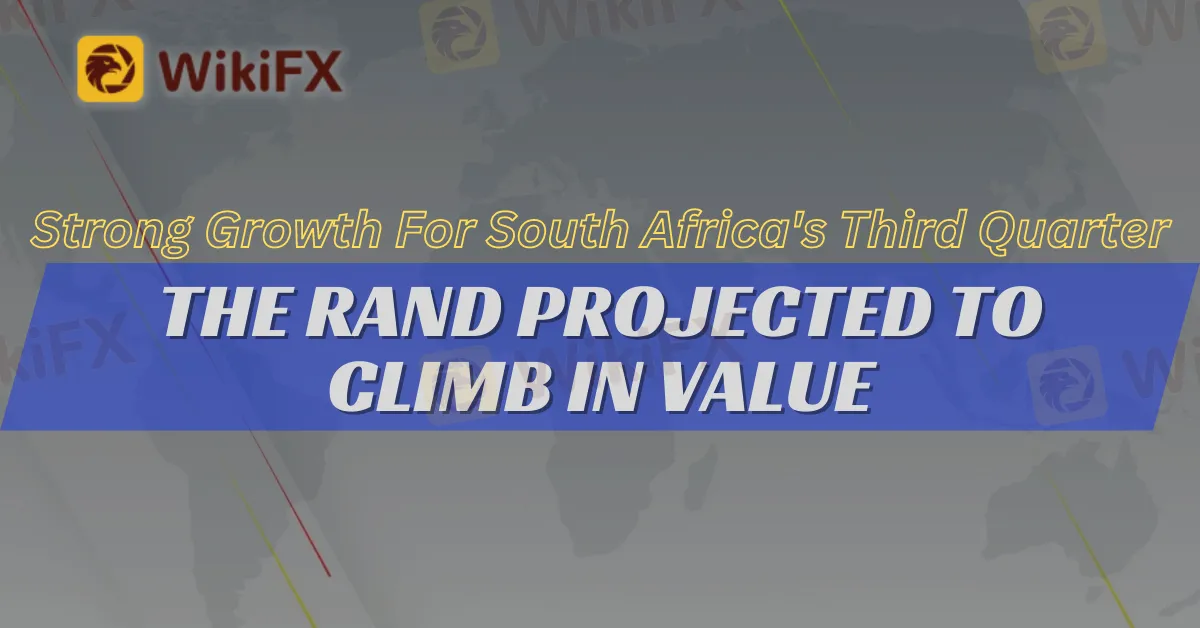简体中文
繁體中文
English
Pусский
日本語
ภาษาไทย
Tiếng Việt
Bahasa Indonesia
Español
हिन्दी
Filippiiniläinen
Français
Deutsch
Português
Türkçe
한국어
العربية
THE FOREX CRISIS AND THE RISE IN FUEL PRICES HAVE INCREASED SAFETY MONITORING OF REGIONAL AIRLINES.
Abstract:The local airlines are suffering greatly as a result of several operational difficulties, according to the Nigerian Civil Aviation Authority (NCAA), which calls for a more thorough examination of their business practices.

The local airlines are suffering greatly as a result of several operational difficulties, according to the Nigerian Civil Aviation Authority (NCAA), which calls for a more thorough examination of their business practices.
The long-lasting foreign exchange liquidity crisis, the high price of aviation fuel, and the fleet's depletion were specifically mentioned by the top regulator as potential obstacles to airlines achieving their duties and safety standards.
In fact, industry-wide capacity has actually decreased from approximately 100 to 38 active airplanes until recently, when local airlines started signing a flood of aircraft leases in preparation for the holiday travel boom.
The parallel market is an unaffordable alternative for the cash-strapped operators, while the airlines are in need of foreign currency to carry out maintenance as and when it is required.
In around 18 months, the price of aviation fuel increased from N190/litre to almost N800. As of the weekend, a litre of Jet A1 cost N810 in Lagos, N825 in Abuja, N828 in Port Harcourt, and N840 in Kano.
Capt. Musa Nuhu, Director-General of the NCAA, observed that the COVID-19 pandemic's still being felt by the industry and have only gotten worse as a result of the current conditions.
In addition to putting the airlines in a tough predicament, the COVID-19 pandemic outbreak showed other flaws in the system.
Many airlines failed to recover from COVID-19 on a global scale, and some are still feeling the effects of the pandemic. FX problems and the Jet A1 crisis came up just as we were beginning to feel like we were recovering, significantly complicating the industry's predicament.
Aviation is a highly safety-sensitive industry; therefore, it is only a matter of time before you are no longer able to adhere to all legal criteria and some may start taking corners.
In addition to placing the airlines in a difficult situation, according to Nuhu, the COVID-19 pandemic outbreak revealed additional systemic vulnerabilities.
Many airlines struggled to recover globally from COVID-19, and some are still dealing with its aftereffects. Just as we started to feel like we were recovering, the Jet A1 crisis and foreign exchange issues sprang up, greatly exacerbating the situation for the business.
Aviation is a very safety-sensitive sector; therefore, it won't be long before you can't follow all regulatory requirements and some people may start cutting costs.
However, the DG reassured that everyone in the industry is collaborating to make the holiday season more customer-friendly. December is always busy for people who travel. The airlines and airport operators will implement the necessary mitigation measures to ensure that operations are made as easy as possible over the holiday season.
“Calibration has just begun to ensure that all of the navigation facilities are in good order so that when severe weather occurs, planes can fly with the least amount of disturbance,” he said.
There are numerous causes of flight cancellations. I'm not blaming any operator; occasionally there are technical issues, weather-related delays, and other unforeseen events that affect the flight schedules. The airlines' planning isn't always the greatest.
However, we collaborate with everyone. The ecosystem in the airport includes more than simply the airlines. Every time the Yuletide comes around, there will be a spike in passenger traffic that may exceed terminal capacity.
“That one also has an effect on airplane departure. The loads can occasionally put too much pressure on the handles. It will have an effect on the airline's plan. Therefore, we are making every effort to lessen those difficulties,” he stated.

Disclaimer:
The views in this article only represent the author's personal views, and do not constitute investment advice on this platform. This platform does not guarantee the accuracy, completeness and timeliness of the information in the article, and will not be liable for any loss caused by the use of or reliance on the information in the article.
Read more

The Hidden Checklist: Five Unconventional Steps to Vet Your Broker
Forex broker scams continue to evolve, employing new tactics to appear credible and mislead unsuspecting traders. Identifying these fraudulent schemes requires vigilance and strategies beyond the usual advice. Here are five effective methods to help traders assess the legitimacy of a forex broker and avoid potential pitfalls.

Doo Financial Obtains Licenses in BVI and Cayman Islands
Doo Financial, a subsidiary of Singapore-based Doo Group, has expanded its regulatory footprint by securing new offshore licenses from the British Virgin Islands Financial Services Commission (BVI FSC) and the Cayman Islands Monetary Authority (CIMA).

CFI’s New Initiative Aims to Promote Transparency in Trading
A new programme has been launched by CFI to address the growing need for transparency and awareness in online trading. Named “Trading Transparency+: Empowering Awareness and Clarity in Trading,” the initiative seeks to combat misinformation and equip individuals with resources to evaluate whether trading aligns with their financial goals and circumstances.

Malaysian-Thai Fraud Syndicate Dismantled, Millions in Losses Reported
The Royal Malaysia Police (PDRM) has received 26 reports concerning the Nicshare and CommonApps investment schemes, both linked to a major fraudulent syndicate led by a Malaysian citizen. The syndicate’s activities came to light following the arrest of its leader by Thai authorities on 16 December.
WikiFX Broker
Latest News
AIMS Broker Review
The Hidden Checklist: Five Unconventional Steps to Vet Your Broker
YAMARKETS' Jingle Bells Christmas Offer!
Why is there so much exposure against PrimeX Capital?
Russia to Fully Ban Crypto Mining in 10 Regions Starting January 1, 2025
MTrading’s 2025 "Welcome Bonus" is Here
Doo Financial Obtains Licenses in BVI and Cayman Islands
CFI’s New Initiative Aims to Promote Transparency in Trading
Currency Calculator


